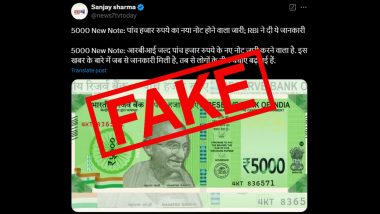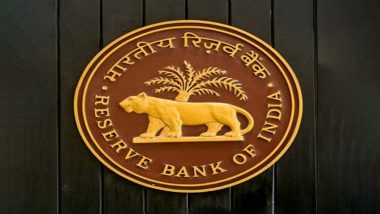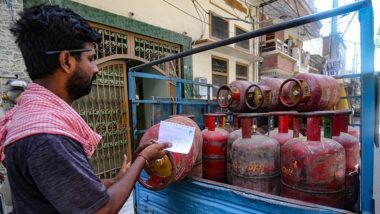A Fixed Deposit (FD) is a reliable investment avenue for risk-averse investors. It is not market-linked and offers assured fixed returns throughout the tenor. This could be a suitable option for those looking to diversify their portfolios. It may also help balance risks associated with market-linked tools.
Understanding how does fd works and its different aspects could help you choose the right one. Here are some of these factors that you should know.
Payout Options
You get two interest payout options when investing in fixed deposits. These are cumulative and non-cumulative. Cumulative FD is when you get the payout at the end of the tenor. You could prematurely withdraw funds before the tenor by paying a penalty.
The returns are better in this option as the interest amount is reinvested. On the other hand, non-cumulative deposits provide steady income at regular intervals. You can opt for a monthly, quarterly, half-yearly, or annual payouts.
Depending on your goals, you can choose the payout option. If you are looking for long-term options, choose cumulative FDs. It could help you leverage the power of compounding. But if you want regular cash inflow, choose non-cumulative deposits.
Interest Rates
The interest rate is subject to the issuer’s policy and the repo rate set by the Reserve Bank of India (RBI). Choose FDs issued by banks or NBFCs by comparing the interest rates offered. Most issuers offer senior citizens additional rates over the existing ones.
Compare your options to get the best fixed deposit rates in India. Generally, choosing a longer tenor is better as the rates go up with the investment period. But this may be subject to other conditions set by the issuer.
Minimum Deposit and Tenor
The minimum deposit amount differs from one issuer to another. This is another criterion for comparison when selecting the right fixed deposit option. Some may allow you to book an FD with ₹1,000. But others could have a minimum deposit requirement of ₹10,000 or more.
Similarly, you can choose from many tenor options, ranging from seven days to ten years. Higher tenors have higher rates and, thus, may offer higher returns. But a longer tenor means you cannot access funds until the tenor ends. So, consider whether you foresee a need for immediate funds in the future. If not, then a longer investment duration may be preferred.
Premature Withdrawal Penalties
When you book an FD, you cannot withdraw from the deposit before the tenor ends. If you do, the issuer will impose a penalty, which may lower your returns. Choose an issuer that levies lower penalties to avoid losing a higher amount.
Tax Implications
The interest earned on the FD is fully taxable under the ‘Income from Other Sources’ head. TDS is deducted if the interest amount for the financial year exceeds the threshold limit of ₹40,000. This has been extended to ₹50,000 for senior citizens. Here are a few other points to know about the taxation of FD returns.
- If the total interest earned from all FDs is below the threshold limit, no TDS applies
- 10% TDS apply if the total interest income is over the threshold limit
- If you did not provide a PAN card, TDS will be deducted at a rate of 20%
- If the net income is below the basic exemption limit, no TDS will be deducted
- The basic exemption limit for investors under 60 years is ₹2.5 Lakhs
- Investors between 60 years and 80 years can enjoy a basic tax exemption limit of ₹3 Lakhs
- For individuals above 80 years of age, the basic tax exemption limit is ₹5 Lakhs
You can save from paying tax on your FD returns by investing in a tax-saving fixed deposit. With this deposit, you can get a deduction of up to ₹1.5 Lakhs for the financial year u/s 80C of the Income Tax Act, 1961. But it has a 5-year lock-in period, so understand all the implications to make an informed decision.
Loan Facility
Some issuers allow you to get a secured loan with your FD as collateral. This could be a viable option when you need urgent access to funds but do not want to break your FD. The loan is generally offered at lower rates, but it can vary depending on the issuer. So, read the terms to know if your issuer allows this facility. Choose one with a lower cost to avoid straining your finances during an emergency.
Safety Rating
While FDs are a low-risk investment, consider factor's like the issuer's credit rating. There are several credit rating agencies, among which are CRISIL and ICRA. The highest credit rating may differ among these agencies. Check their list beforehand to understand what the different ratings mean.
In addition to all of the above, use an FD calculator before investing. This online tool will give an estimate of your returns. It could help ensure you reach your investment goals.













 Quickly
Quickly




















